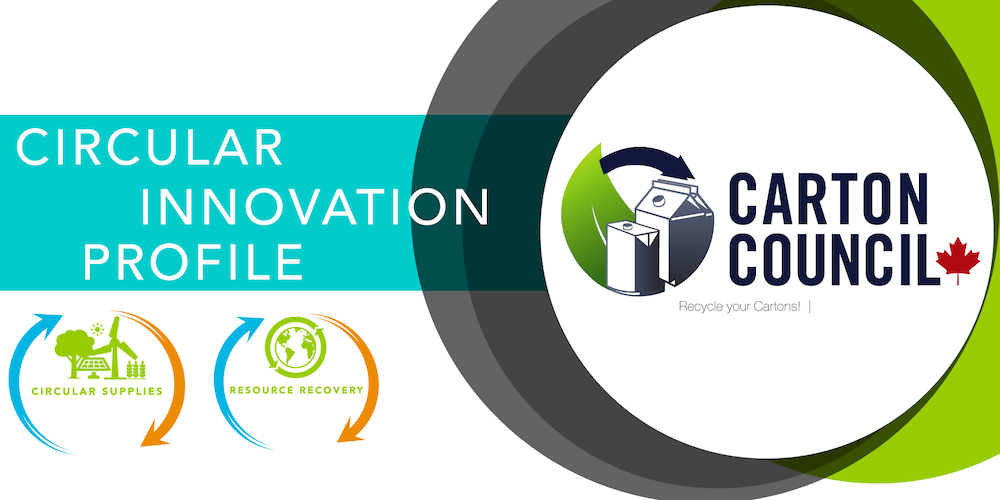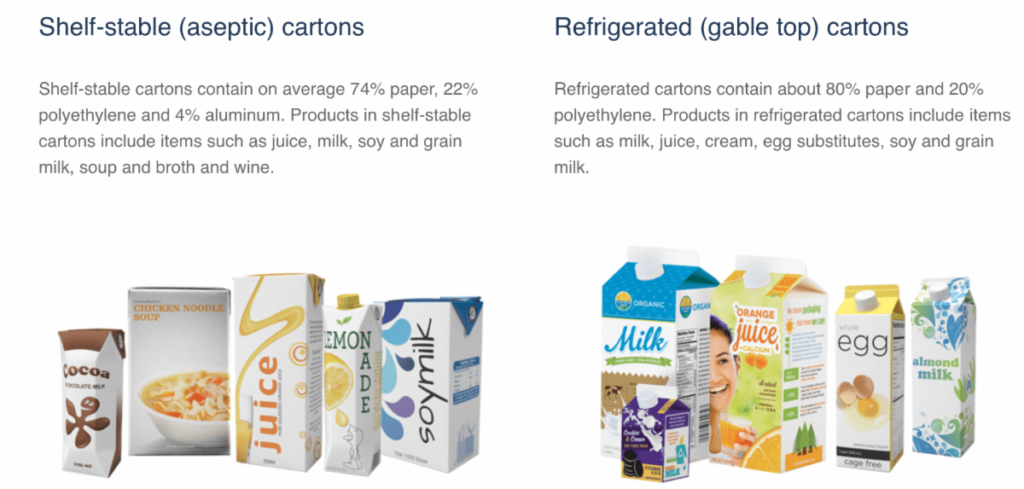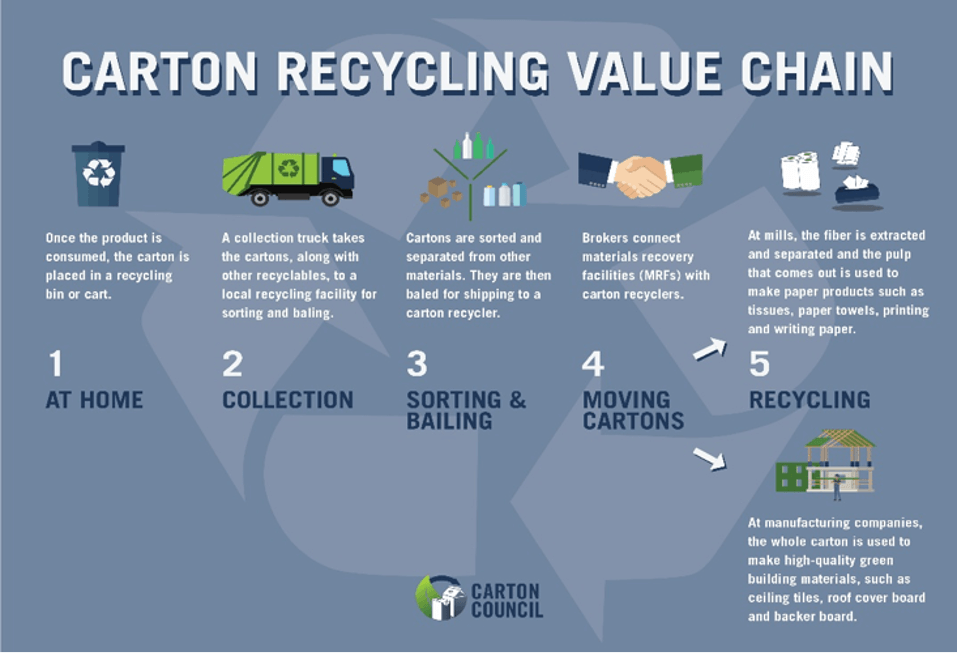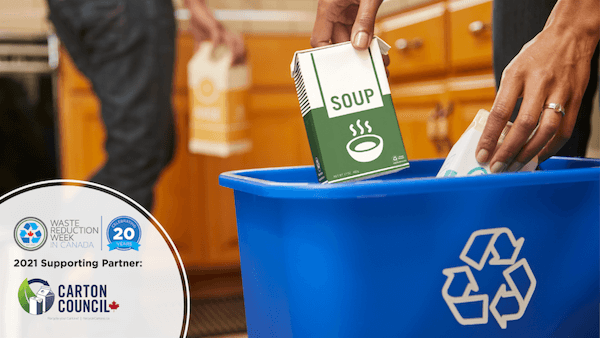
Circular Innovation Profiles is our feature series that showcases innovators and individuals that are helping to accelerate Canada’s circular economy by adopting circular business models and solutions.

A fully-realized circular economy requires a complete paradigm shift of current production and consumption habits that have been ingrained in society over the past millennium. To prepare for a circular future, however, we must leverage solutions built on collaboration across value chains, and that’s exactly where Carton Council of Canada has thrived since 2010.
Pre-competitive collaboration means multiple companies from the same industry work together to overcome mutual challenges that largely focus on environmental and social impacts. These innovative partnerships are essential to initiate long-term strategic shifts where environmental purpose becomes the key focus rather than discretionary corporate responsibility programs or minimum regulatory standards.
As of January 2021, utilizing the Resource Recovery circular business model, the Carton Council of Canada has been a showcase for successful collaboration: the national blended carton recycling-recovery rate was 56%, a significant increase compared to 26% in 2008 before the Carton Council of Canada was formed.
“For packaging to work harmoniously within the boundaries of a circular economy we need to move away from the notion of recycling as a waste management tool to one where resource recovery is a vital supply chain link. We need to rethink how we use material in the waste stream to become a valuable product input,” says Isabelle Faucher, Managing Director, Carton Council of Canada.
In order for used cartons to become a Circular Supply into new products, key conditions are required. End-markets must be willing and able to accept the material. As of today, there are seven carton recycling facilities in North America, up from only one in 2009. Robust collection and sorting systems also need to be in place. For the most part, cartons are collected at relatively high rates throughout Canada, however, challenges still lie at the sorting stage.
“At material recovery facilities where recyclables are sorted, aseptic and gable-top cartons are often baled with other fibre material, such as mixed paper and boxboard. Those mixed fibre bales are then sent on for recycling at a paper mill. When this happens, cartons are unable to realize their true potential in a circular economy because the parameters for pulping cartons at a mill are different than those for other fibre grades. These parameters include for example agitation time, pH levels, and water temperature.
Similarly, cartons need to be sorted and baled on their own – and not with other types of fibre – in order for manufacturing facilities to recycle them into eco-friendly construction materials, such as roof cover board and wall board.”

“In Quebec, periodic waste audit studies are conducted, which allows organizations such as ours to gain insight into material collected curbside. However, there is no data on the recycling of material, or how much of what is collected is shipped for recycling. The opposite holds true in Ontario: there is access to recycling data but none for collection data.”


Circular Innovation Council is a registered charity.
Charity Registration Number: 119112118 RR 0001